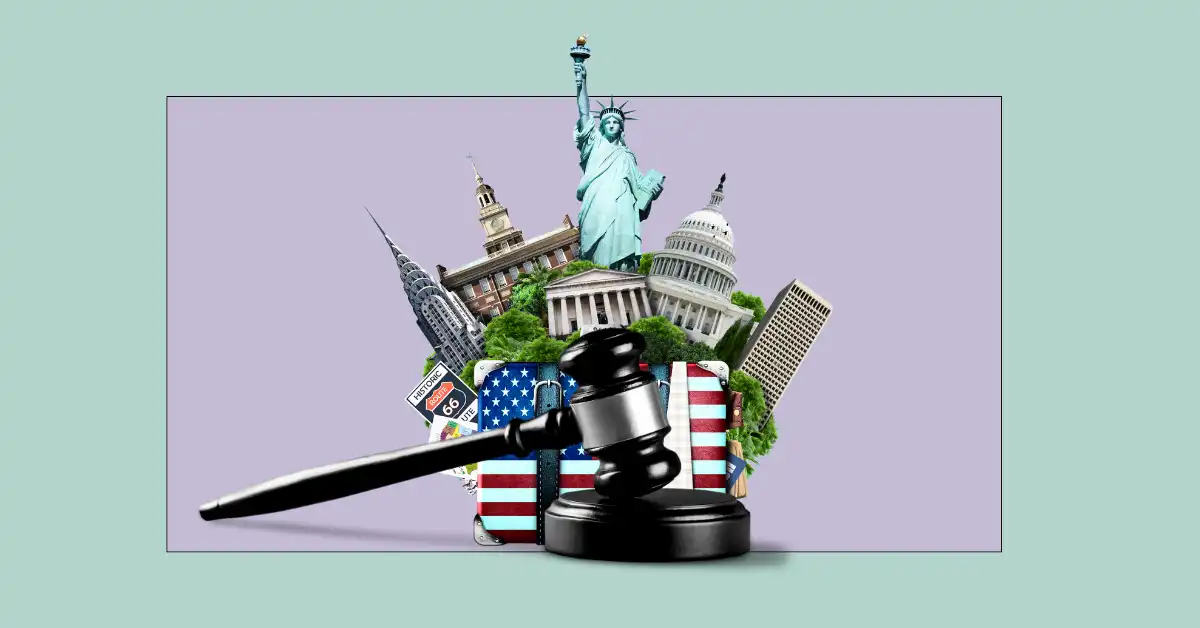
In recent discussions surrounding the future of cryptocurrency, Bill Dudley, the former president of the Federal Reserve Bank of New York and current chair of the Bretton Woods Committee, has voiced strong opposition to the notion of Bitcoin (BTC) becoming a government reserve currency. In a thought-provoking op-ed published on December 6 by Bloomberg, Dudley articulated his stance, contending that this idea offers minimal benefits and mainly serves the interests of existing Bitcoin holders who are fervently promoting this agenda.
The impact of Dudley’s commentary was palpable as the price of Bitcoin experienced a notable decline of 4.31%, falling to $98,854 shortly after reaching an unprecedented peak of $104,000. Despite acknowledging Bitcoin’s unique advantage of facilitating money transfers without intermediaries, Dudley argues that its inherent volatility renders it unsuitable for national reserve purposes.
Criticism of the Bitcoin Act
Dudley’s critique is particularly directed at the Bitcoin Act of 2024, a legislative proposal put forth by Senator Cynthia Lummis. This draft bill suggests creating a strategic Bitcoin reserve while implementing mechanisms to ensure transparency in the management of Bitcoin holdings. Although some proponents see this as a gateway to worldwide Bitcoin adoption, Dudley, along with other skeptics, perceives it as a precarious endeavor.
His concerns are rooted in the potential inflation of Bitcoin’s price without delivering tangible benefits to the government or the broader economy. Dudley further highlighted the absence of a viable exit strategy, warning that the U.S. government could end up holding highly volatile assets devoid of income potential, thereby posing significant economic risks.
Economic Implications
From an economic viewpoint, Dudley provided a comprehensive analysis of the implications of Bitcoin adoption. He estimated that even a modest 2% allocation of global portfolios, valued at an estimated $250 trillion, would necessitate Bitcoin reaching an extraordinary value of $250,000 per coin. Increasing this allocation to 4% could potentially double Bitcoin’s price, thereby creating a speculative bubble with the capacity to destabilize financial markets on a global scale.
A Call for Regulation
Rather than promoting Bitcoin as a reserve currency, Dudley advocates for a regulatory focus from the government. He urged the administration to prioritize establishing regulatory frameworks for the crypto industry. Highlighting the need for legislation, Dudley emphasized ensuring that stablecoins are genuinely backed by treasury bills, a claim frequently made by issuers. He also underscored the necessity of implementing consumer protection measures to combat fraudulent activities and abuses that continue to undermine trust in the cryptocurrency market.
While Dudley acknowledges the potential of cryptocurrency to enhance the financial system, he stresses the critical importance of implementing “strong guardrails” to prevent misuse. Without robust regulations, he warned, the crypto sector’s advantages would remain elusive, overshadowed by scams and market instability.
The role of Bitcoin in the mainstream US economy continues to be a contentious subject. Dudley’s opposition highlights the broader challenges of integrating cryptocurrencies into governmental and institutional structures while striving to balance innovation with economic stability. As discussions continue, the need for thoughtful and well-informed decisions becomes increasingly crucial to navigate this evolving financial landscape.






